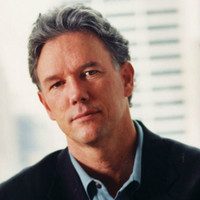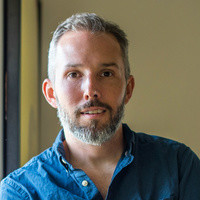Balanced Diets
On the history and study of pica:
Indeed, we have long defined ourselves and others by what we do and do not eat, from kashrut dietary restrictions described in Leviticus to the naming of Comanche bands (Kotsoteka—buffalo eaters, Penateka—honey eaters, Tekapwai—no meat) to insults—French frogs, English limeys, German krauts. But poya seemed to beg a different question: what was one to make of people who ate food that wasn’t food at all?












